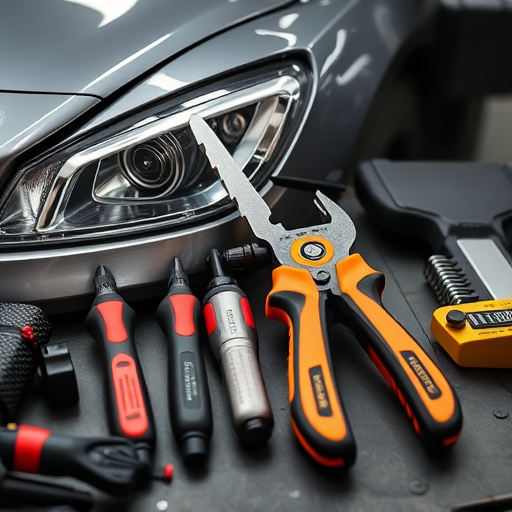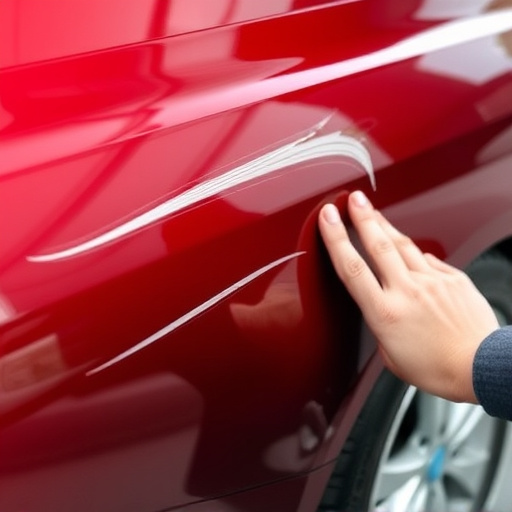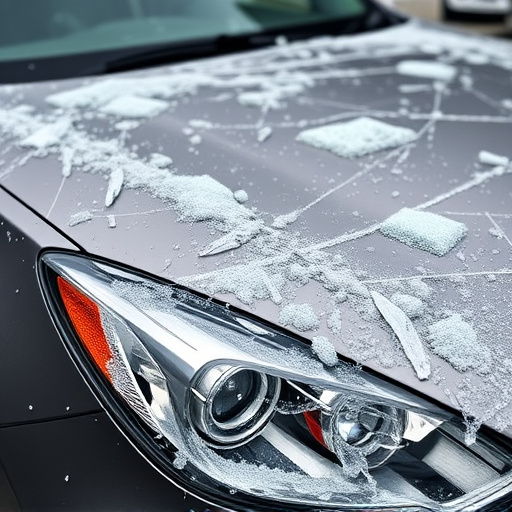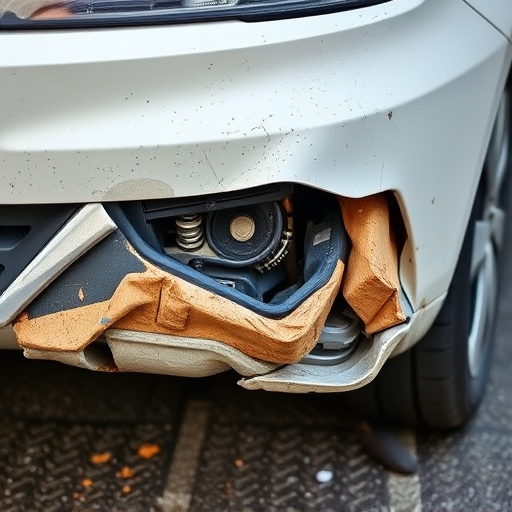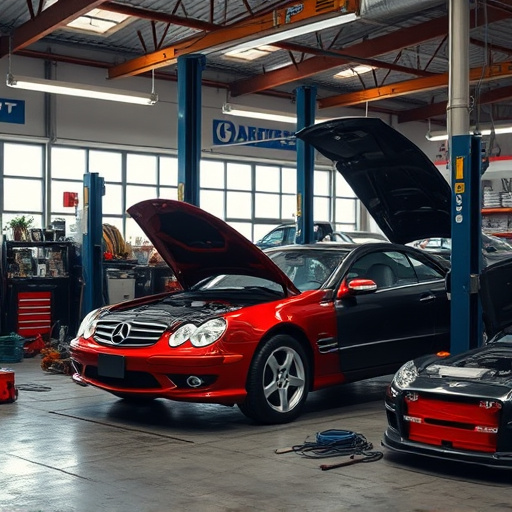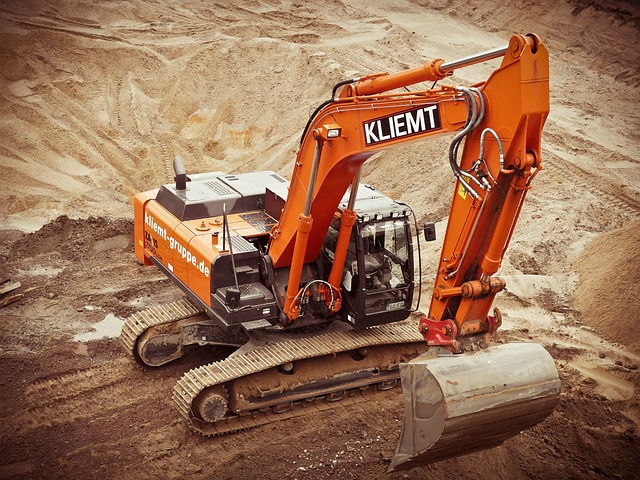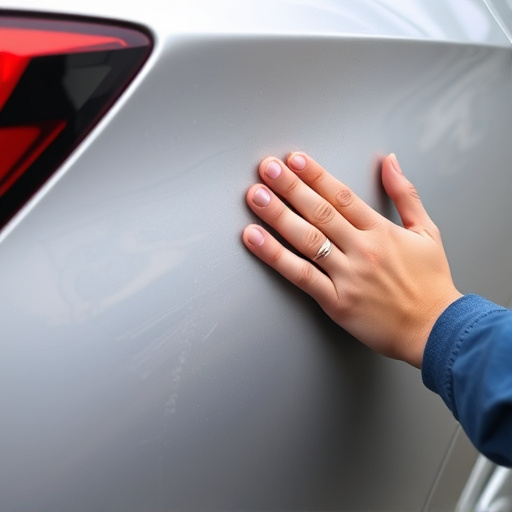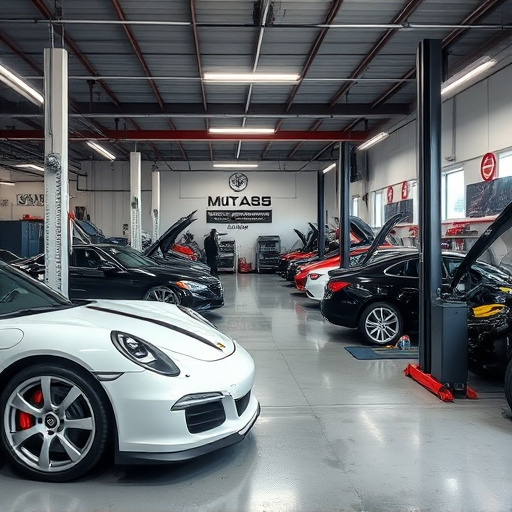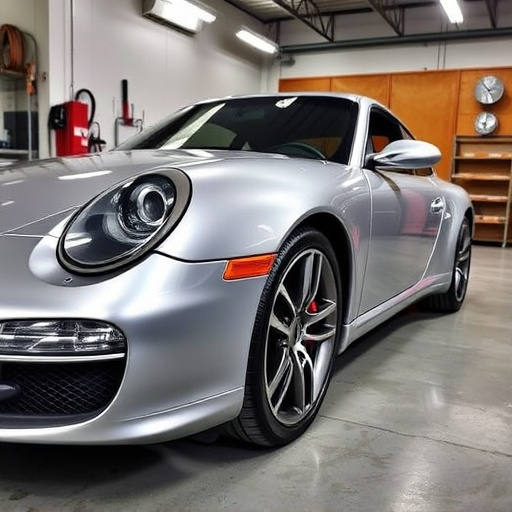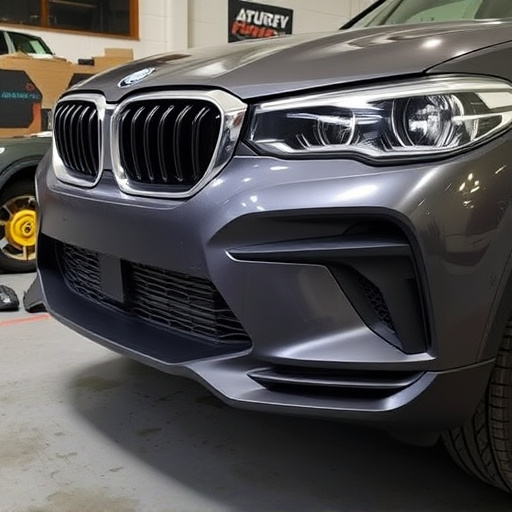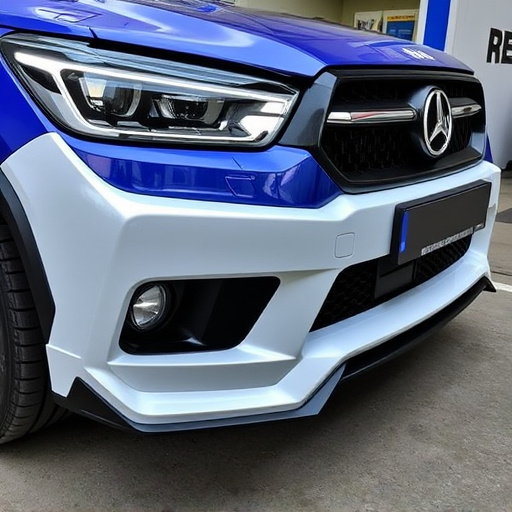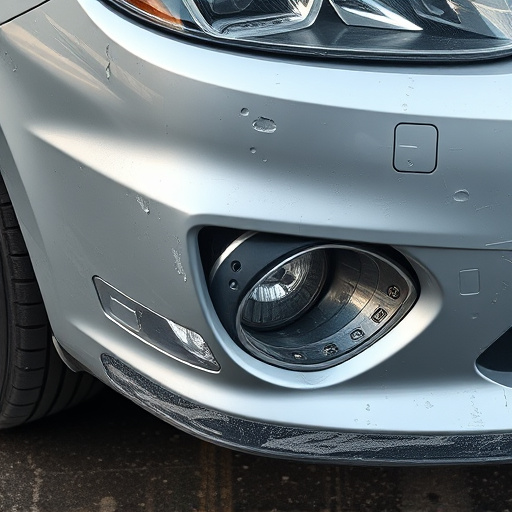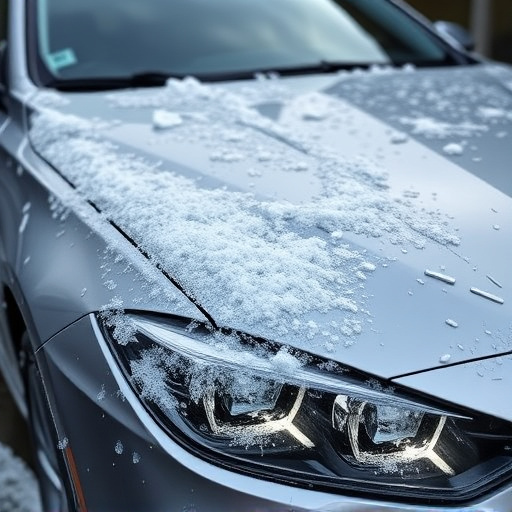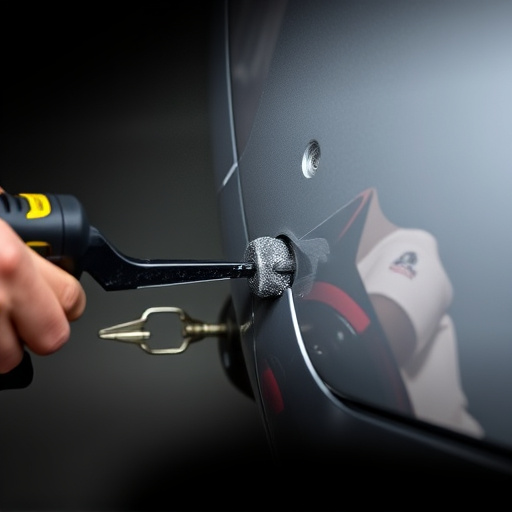Tesla's Autopilot system relies on strict adherence to its factory specifications for optimal safety and performance. This involves meticulous manufacturing processes, rigorous testing, and top-tier component selection. Specialized training and multi-layered verification ensure reliable operation, enhancing road navigation precision and overall vehicle safety.
“Dive into the intricate world of Tesla’s factory-set guidelines for its Autopilot system, a defining feature in modern electric vehicles. This article unravels the meticulous process behind ensuring the integrity of this advanced driver assistance system (ADAS). From understanding crucial factory specifications to exploring key components and rigorous safety testing protocols, we uncover the steps Tesla takes to deliver an unparalleled level of autonomous driving technology. Discover how these specifications shape the future of transportation.”
- Understanding Tesla Factory Specifications for Autopilot
- Key Components Ensuring System Integrity
- Safety Measures and Testing Protocols at Tesla Factories
Understanding Tesla Factory Specifications for Autopilot
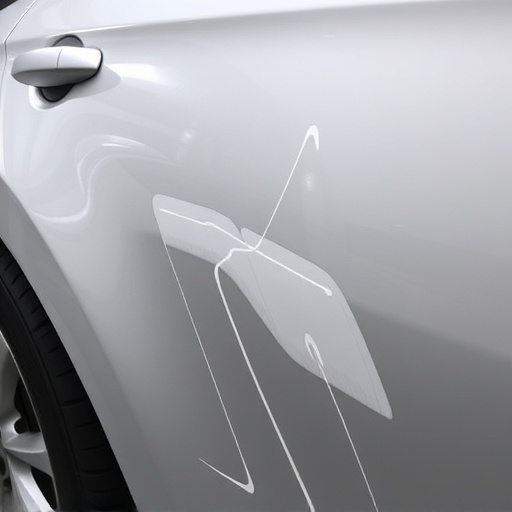
Tesla’s Autopilot system is a groundbreaking feature that requires meticulous manufacturing standards to ensure its reliability and safety. Understanding Tesla factory specifications for this advanced driver-assistance system (ADAS) is paramount, as it dictates the very foundation of autonomous driving capabilities. These specifications encompass every aspect, from hardware design to rigorous testing protocols, all tailored to meet the high bar set by Tesla for Autopilot integrity.
At its core, Tesla’s focus on factory specifications involves precise engineering and quality control measures. This includes the selection of top-tier components, such as cameras, sensors, and processors, which are integral to processing real-time data for navigation and decision-making. Furthermore, regular tire services and dent repair ensure the optimal functioning of sensors, crucial for perceiving the surroundings. By adhering to these factory specifications, Tesla guarantees that their vehicles can navigate complex driving scenarios with precision, ultimately contributing to a safer automotive experience.
Key Components Ensuring System Integrity
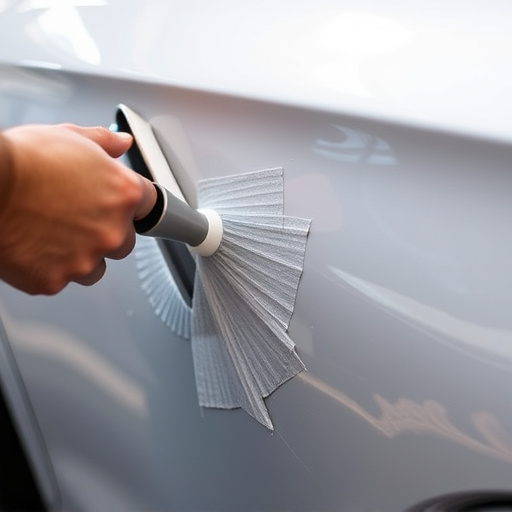
The integrity of Tesla’s Autopilot system hinges on a robust network of key components meticulously designed and assembled at the factory. These include advanced sensors, high-performance computers, and sophisticated software algorithms working in harmony to ensure accurate perception, decision-making, and controlled execution of driving tasks.
Tesla factory specifications prioritize quality control measures to safeguard every intricate part from potential issues, preventing minor fender benders or automotive restoration challenges from compromising system integrity. By adhering to stringent guidelines throughout the manufacturing process, Tesla aims to deliver a seamless Autopilot experience, ensuring safety and reliability on the road—a far cry from past experiences with auto body repairs.
Safety Measures and Testing Protocols at Tesla Factories
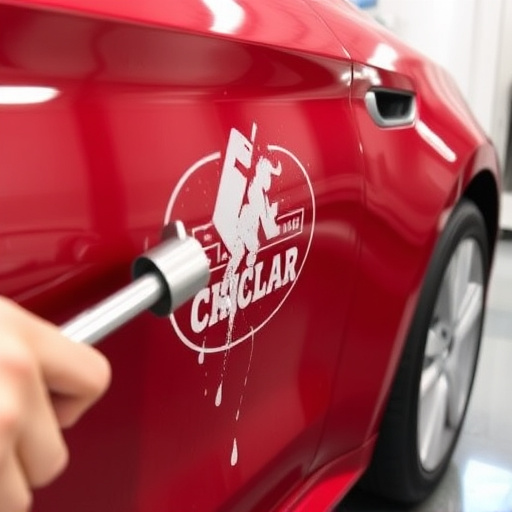
Tesla factories are designed with a robust safety framework to ensure the integrity of their Autopilot system, setting a high bar for the automotive industry. Beyond adhering to stringent regulatory standards, Tesla’s manufacturing process incorporates innovative safety measures tailored to the unique challenges of advanced driver-assistance systems (ADAS). This includes specialized training for factory workers on Autopilot functionality and potential scenarios, allowing them to identify and address any issues with precision.
Comprehensive testing protocols are integral to every stage of production. Simulated driving conditions, both virtual and physical, rigorously test the Autopilot system’s performance under various scenarios, from city streets to highway mergers. Moreover, Tesla employs a multi-layered verification process, combining advanced diagnostics tools with manual inspections to pinpoint and rectify any defects before vehicles leave the factory. This meticulous approach ensures that each Autopilot system is reliable and safe, ready to navigate roads with enhanced confidence and precision, while also facilitating efficient vehicle repair services should any issues arise, including auto glass replacement if necessary.
Tesla’s commitment to Autopilot system integrity is evident through its stringent factory specifications, robust key components, and comprehensive safety measures. By adhering to these rigorous standards during production, Tesla ensures that its vehicles are equipped with a reliable and safe autonomous driving system. Understanding and implementing these factory specifications is pivotal in the ongoing evolution of self-driving technology, fostering public trust, and shaping the future of transportation.
